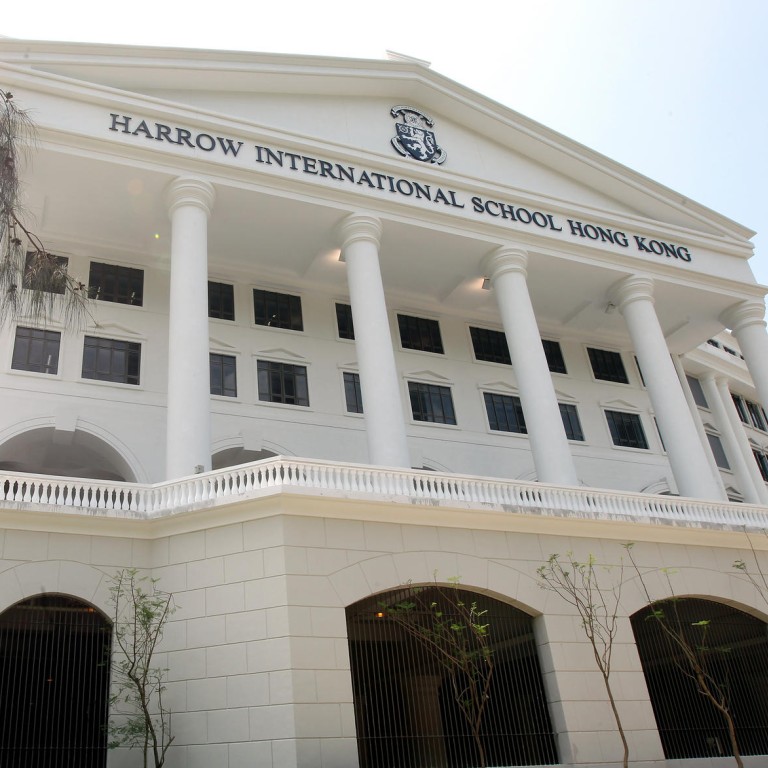
Expat brats: the sad by-products of colonial Hong Kong society
‘Third culture kids’ in colonial Hong Kong had too much privilege and not enough emotional stability, writes Jason Wordie
Well into living memory, Europeans in the Far East have sent their children “home” for schooling when possible. From India to China, at the age of six, expatriate children were packed off to boarding school. Given the infrequency of expatriate “home” leave in the days before affordable air travel (generally, it came every three to five years), many children after having gone abroad for school saw their parents, at most, only half a dozen times before reaching adulthood. As many period memoirs reveal, enforced “exile” often caused great personal anguish.
RESPONSE: 'Expat brats' give their take on growing up in Hong Kong as 'third culture kids'
Heartless as it may seem today, these separations were endured for the best reasons; most schools in the Far East were not of an equivalent standard to those in many expatriates’ home nations.
Government- or mission-run schools (with some notable exceptions) were patchy at best – even in Hong Kong.
By the 1950s, better schools had opened across Asia, catering to expatriate families who were not prepared to tolerate years of separation. As more children began to be educated locally through to matriculation, the phenomenon of the “third culture kid”, and their well-documented personal issues, began to evolve.

Emotional shallowness, combined with a chillingly utilitarian attitude to almost everyone with whom they come into contact, are inevitable (and very visible).
Dismissive attitudes towards broader Hong Kong society are also evident. As the old Rodgers and Hammerstein song declaimed, “You’ve got to be taught to fear and hate, before you are six, or seven or eight.”
Their parents’ underlying prejudices and unthinkingly patronising attitudes are often revealed through their own unguarded utterances. Exposed to constant hypocrisy, “third culture kids” become serial hypocrites and judge the world on surface values and transient status markers.
Hurtling down life’s winding road with the lights always turning green when one reaches them can be disastrous; a few setbacks at a young age are character building. It might sound like a cliché, but – as is often the case with well-used maxims – some degree of truth resides within the observation.
Too much money adds to this toxic combination, and drug and alcohol problems are, unsurprisingly, significantly higher than average among this demographic.
The best-adjusted “third culture kids” are those who left early enough to forge independent lives and genuine friendships in societies free from the bizarre pressures found within Hong Kong’s expatriate universe.
But for many others, a drift back to Hong Kong constitutes what passes for normality; legions of “expat brats” exist into middle age in an explicitly marginal world; most are unable to speak a word of Cantonese and are not plugged into a local school alumni network worth mentioning. Being able to leverage “Daddy is …” (or “Daddy was …”) into various job interviews remains about all they have going for them.
All the more pitiable they are for having enjoyed, at one time, the highest level of privilege.
For more on Hong Kong history and heritage, go to scmp.com/topics/old-hong-kong

